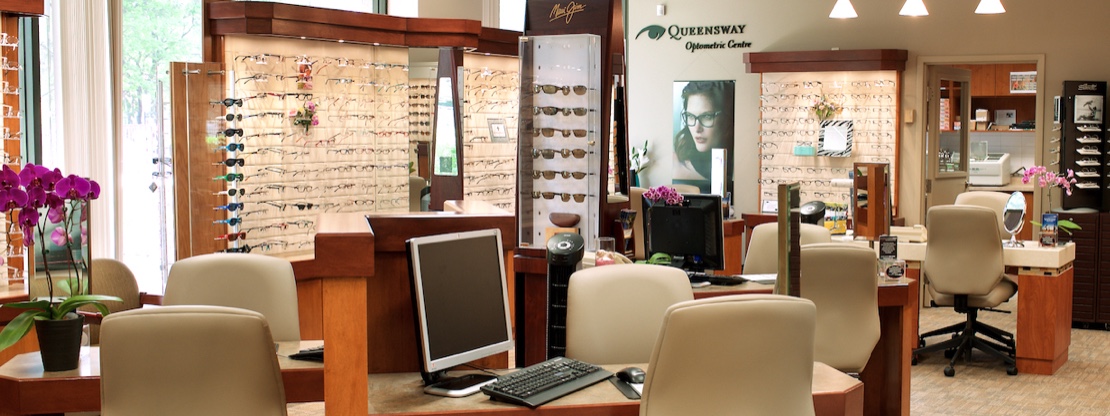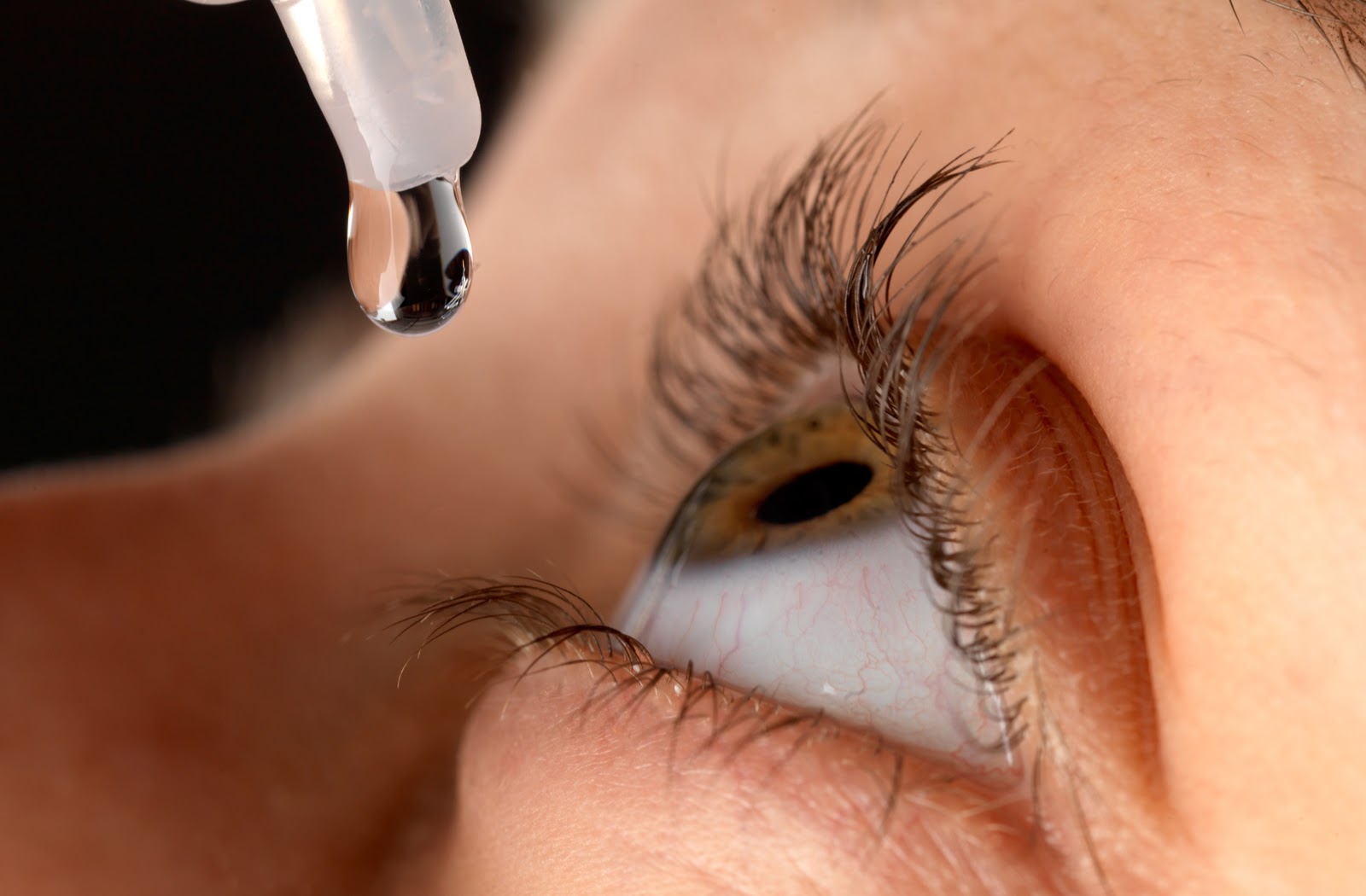Defining Glaucoma
While there are many types of glaucoma, most forms generally occur when excess fluid (called aqueous humour) builds up in your eye. This build-up increases the internal pressure of your eye and potentially damages your optic nerve, resulting in tunnel vision.
If glaucoma is not diagnosed and treated, it will continue to reduce your field of vision until you become blind.
Open-Angle Glaucoma
Open-angle glaucoma is the most common type of glaucoma. It occurs when the aqueous humour is unable to drain properly because of a blockage in the angle between the iris and the cornea. There are treatments available to prevent or halt optic nerve damage and sight loss, but early intervention is key.
Normal-Tension Glaucoma
Normal-tension glaucoma occurs when the eye’s drainage system is fully functional and the pressure in the eye is normal, but the optic nerve still becomes damaged. Although there are treatments available to mitigate or prevent optic nerve damage and vision loss, early intervention is vital.
Acute Angle-Closure Glaucoma
Acute angle-closure glaucoma is rare and occurs when the angle between the iris and the cornea is too shallow. If the iris is pushed too far forward, the gap between the iris and the cornea becomes too narrow, preventing the aqueous humour from draining.
This type of glaucoma typically occurs without warning, and symptoms can include:
- Sudden blurring of vision
- Eye pain
- Intense headache
- Nausea
- Vomiting
Acute angle-closure glaucoma is a serious ocular emergency. If you experience the symptoms listed, you should seek medical attention immediately. Call our office in Mississauga and request an emergency appointment or proceed to the nearest emergency room.











